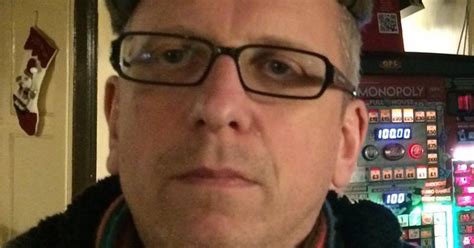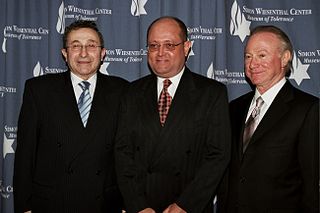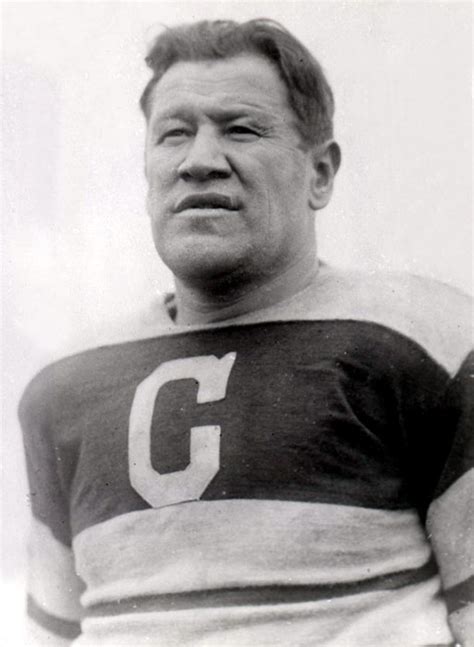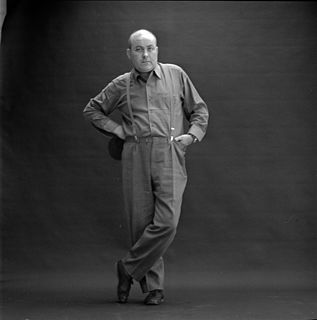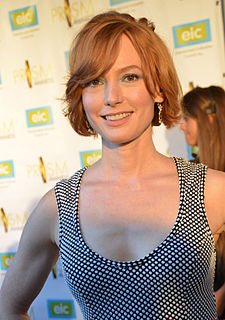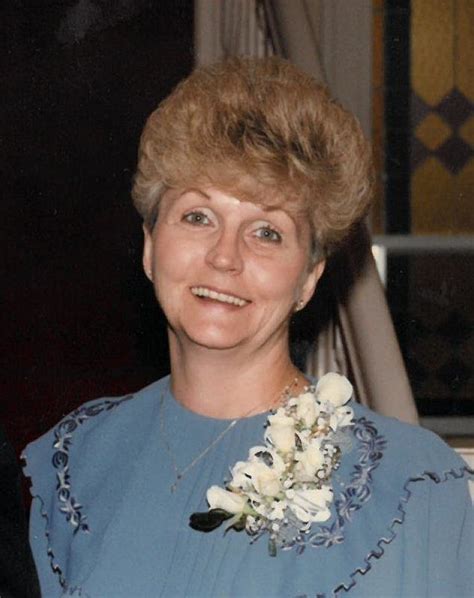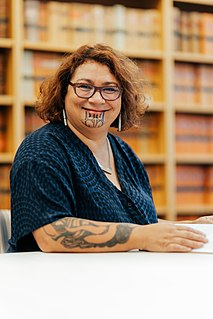A Quote by David Dixon
As historians, our training and discipline is based on documentary evidence,.
Quote Topics
Related Quotes
Now documentary evidence is acceptable. What does that mean? If you have documentary evidence that a person served as a guard in one of the death camps and the documents have been authenticated, that is grounds to charge the person with crimes against humanity. And that's why you see the spate of trials previously, for example, in the '70s and the '80s, even in the low '90s. That was not the case until the change in the law.
In a one-hour documentary, you can tell maybe ten stories. That's how the documentary is structured. I wrote to forty of the greatest historians of both African and African-American history, and hired them as consultants. I had them submit what they thought were the indispensable stories, the ones they felt this series absolutely had to include.
Our whole educational system, from the elementary schools to the universities, is increasingly turning out people who have never heard enough conflicting arguments to develop the skills and discipline required to produce a coherent analysis, based on logic and evidence. The implications of having so many people so incapable of confronting opposing arguments with anything besides ad hominem responses reach far.
Historians of a generation ago were often shocked by the violence with which scientists rejected the history of their own subject as irrelevant; they could not understand how the members of any academic profession could fail to be intrigued by the study of their own cultural heritage. What these historians did not grasp was that scientists will welcome the history of science only when it has been demonstrated that this discipline can add to our understanding of science itself and thus help to produce, in some sense, better scientists.
